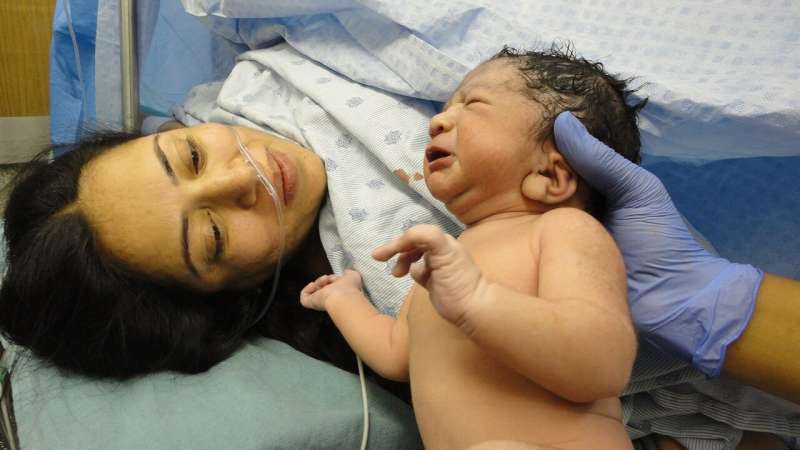Global Report Highlights Urgent Need for Improved Neonatal Care to Enhance Birth Outcomes

A new global report highlights the urgent need to enhance neonatal care, innovate drugs and devices, and foster international collaboration to reduce newborn mortality and improve long-term health outcomes.
A comprehensive global report emphasizes the critical importance of advancing neonatal healthcare to boost newborn survival rates and support long-term health outcomes. The Lancet Child & Adolescent Health Commission highlights significant challenges faced by neonatology, including inadequate innovation in drugs and medical devices, excessive regulatory burdens, and a shortage of specialized neonatal expertise worldwide. Despite notable progress over the past 25 years in the survival of extremely premature infants and those with life-threatening conditions, neonatal mortality remains unacceptably high across the globe.
In 2022, the World Health Organization reported that approximately 2.3 million children died within the first 28 days of life, accounting for nearly half of all under-five child deaths. These stark figures underscore the urgent need for more effective healthcare platforms, cross-sector collaboration, and evidence-based treatments for newborns, especially those born preterm or requiring intensive care.
The report stresses that current development pathways for neonatal drugs and medical devices are lagging, with off-label drug use being common due to a lack of targeted research. Consequently, treatment decisions often rely heavily on clinician experience rather than solid evidence, impeding optimal care.
Moreover, the Commission calls for increased cooperation among healthcare providers, regulatory authorities, industry stakeholders, and families to overcome existing barriers. Strengthening innovation, streamlining regulatory processes, and building neonatal expertise globally are essential steps to reduce preventable deaths and improve health outcomes for the youngest and most vulnerable patients.
The findings serve as a call to action for policymakers, researchers, and industry leaders to invest in neonatal health innovations and foster meaningful partnerships that will shape the future of neonatal medicine and ensure better survival and health prospects for newborns worldwide. For further details, see source: Medical Xpress.
Stay Updated with Mia's Feed
Get the latest health & wellness insights delivered straight to your inbox.
Related Articles
Enhancing Rural Maternity Care: The Role of Family Physicians and Support for High-Need States
This article explores how family physicians improve maternity outcomes in rural areas and emphasizes the need for increased support and training in high-need states to expand access to quality maternity care.
Study Reveals Provider Misunderstandings Fuel Excessive Antibiotic Use for Children’s Diarrhea in India
Research highlights that provider misperceptions about patient expectations are a major driver of unnecessary antibiotic prescriptions for children's diarrhea in India, offering new avenues for antimicrobial stewardship.



